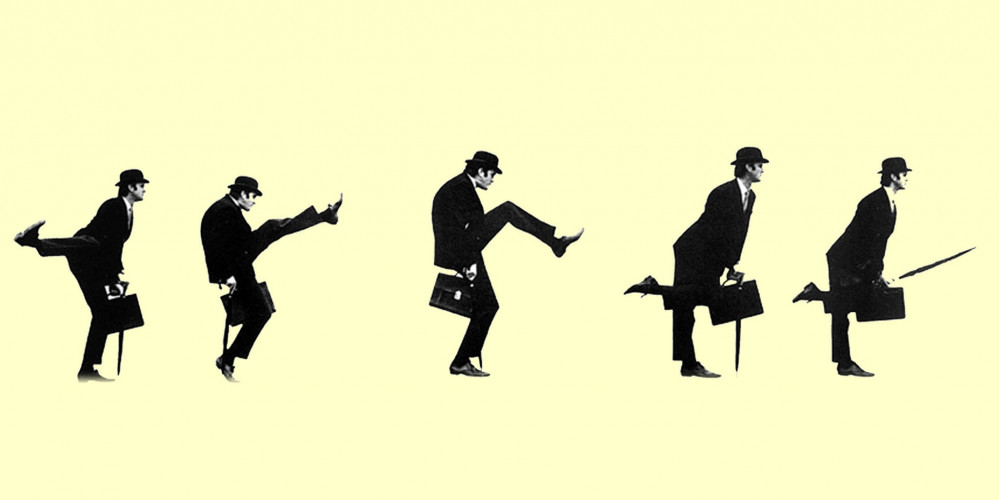
Crazyredcoat's Crazy Compendium of Collected Creativity
My turn for tartan, I guess...
The next project that I’ll be working through is a Highlander during the Crimean War. Following a bit of advice from @scribbs, I’m going to divide these posts up a little bit with this first post focusing on background research and such and the other posts dealing with the more hobby-like things like paint choices and such like. So this chap may take centre stage here for a few posts much like the Hussar before him.
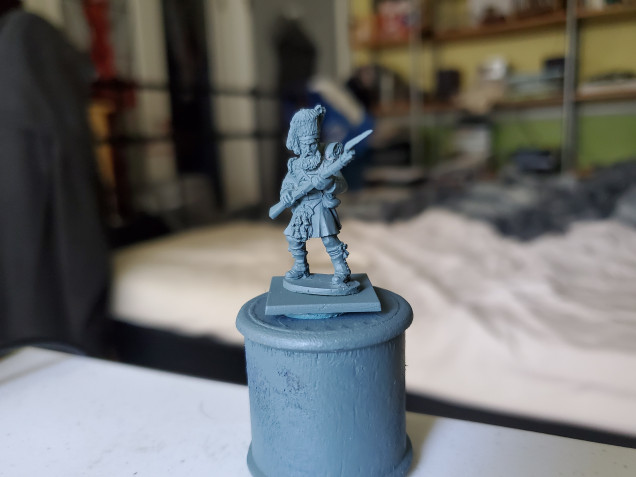 The lad in question! He's a Warlord mini that came free with the first edition of Black Powder that I've had for a while and I've primed him here with GW's Mechanicus Standard Grey spray primer.
The lad in question! He's a Warlord mini that came free with the first edition of Black Powder that I've had for a while and I've primed him here with GW's Mechanicus Standard Grey spray primer.The Crimean War is something a little special when working with models. It is, as far as I know, the first war in which we have photographs of soldiers in their uniforms. They’re mostly black a white, and a lot were taken after the war when they returned home to Britain, but we have them. There is only one slight problem with this, though, which is easiest to show with some photographs, so let’s do that quick.
On the left we have a photograph of soldiers in the field, whereas the one of the right is a (fantastically) colourised photo from one of the many photoshoots after the war. The jackets here are not at all similar, and that is because of a change in British uniforms that occurred during the war. Long story short, the British Army has a history of learning it’s mistakes during wars and adapts accordingly. Here it was a simple matter of the tight-fitted jackets with tails was just not as efficient as the tunics that, with a few noticeable changes, are not that different from dress uniforms today. Comparing these uniforms to the uniforms of our chap, it’s obvious that he is wearing the earlier pattern of uniform which means we have to rely more on artwork that using the photos taken after the war. These lads also don’t show any highlanders at all, so let’s move onto some specific details there.
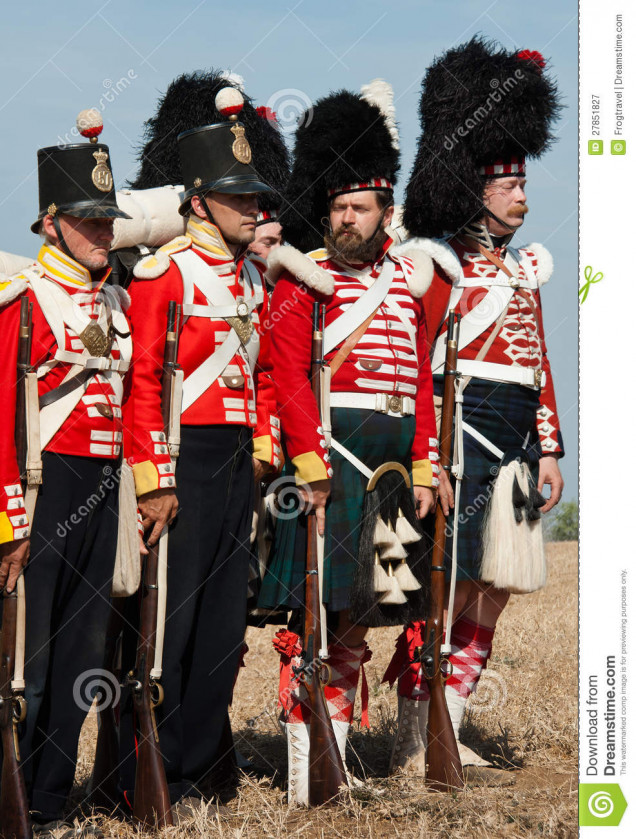 Photos of reenactors this time, but it does show us the difference and similarities between the highland regiments and the other regiments of foot, but also an important difference among the two highlanders.
Photos of reenactors this time, but it does show us the difference and similarities between the highland regiments and the other regiments of foot, but also an important difference among the two highlanders.Firstly, for anyone interested, the ‘regular’ soldiers here are both wearing Napoleonic style crossbelts, so if anyone wonders why their Crimean War minis don’t have all the belts, have no fear. The two highlanders, though, have some differences that I want to address and have also dictated some choices in painting. First up the facings are different colours, which nicely and quickly tells us these are two different regiments, in fact the kilts tell us that the leftmost highlander is a soldier of the 93rd (Sutherland) Highlanders, and the other is a member of the 42nd, the famous Black Watch. There is also an important detail on the jacket that meant that I couldn’t paint my highlander as a Black Watch man, and that is the taping. Usually at a wargaming scale this part is near inconsequential and shouldn’t affect most hobbyists, but as this mini is going to be a display mini for me I wanted to get as much accuracy as possible, and the taping on my Highland lad is that of the 93rd. Remember, though, that this was a personal choice and any personal choices you may make are up to you. So don’t let anyone tell you how to do your own hobby.
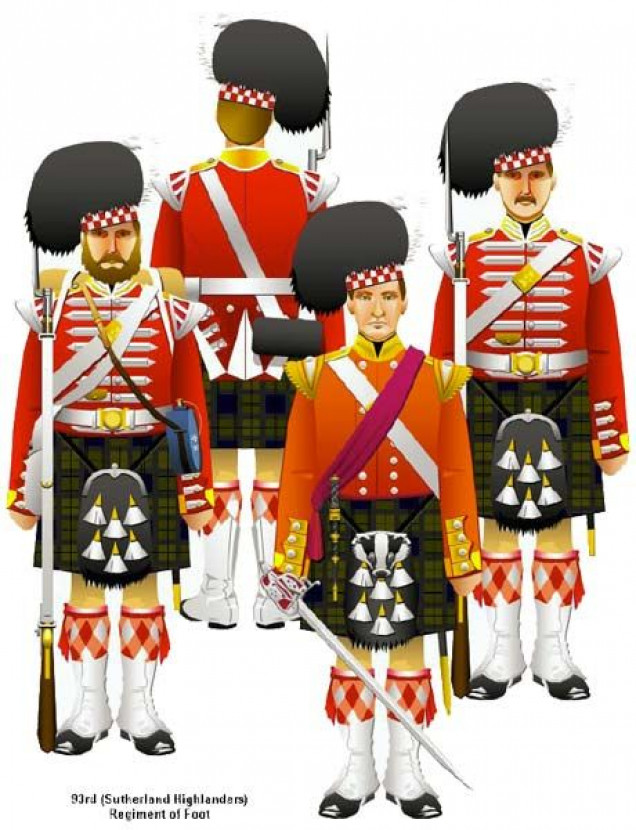 Artwork depicting the 93rd wearing their earlier uniforms such as they would have worn at the Battle of Balaclava. These types of drawings are very useful for helping with the tartan.
Artwork depicting the 93rd wearing their earlier uniforms such as they would have worn at the Battle of Balaclava. These types of drawings are very useful for helping with the tartan.Again, the addition of a beltplate here on the crossbelt may be incorrect, as it does not appear in the photographs, but may also have been reserved for parades. I am not entirely sure, but I could look into it…I may even have a book somewhere… I love books. So this gives us all the basics that we need to paint the uniform of our chap, however he does have a magnificent beard, so that will need some attention. As a Scotsman, I have every intention of painting is in a blazing orange as befits a man of his stature and there is only one place I feel I needed to go for visual reference for that!
The only thing that hasn’t really been touched upon now if the rifle (and it is a rifle and not a musket, though sometimes called a Rifled Musket) but as the P53 Enfield is just a simple stock with some brass and steel fittings the only thing to look into is whether or not the metal was blued/browned or ‘in the white’, and that will take no time at all to cover when we get to painting it!
So that about covers it! Stay tuned for more work on the man himself in future updates. I will probably do an entire post on tartan when I get to that…but it mildly scares me, so I may do the jacket first… More is on the way!





























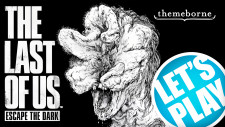

![TerrainFest 2024 Begins! Build Terrain With OnTableTop & Win A £300 Prize! [Extended!]](https://images.beastsofwar.com/2024/10/TerrainFEST-2024-Social-Media-Post-Square-225-127.jpg)
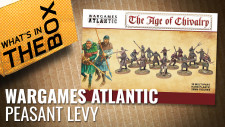
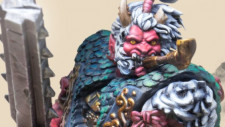
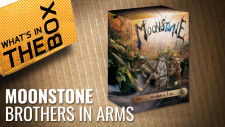
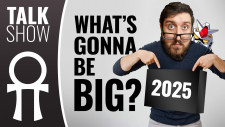
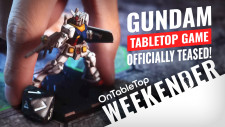




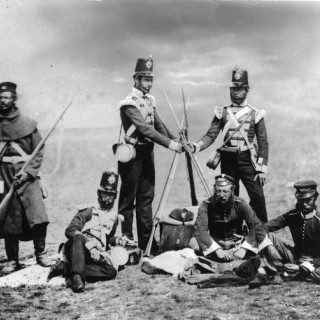
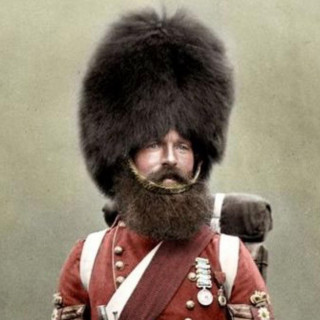
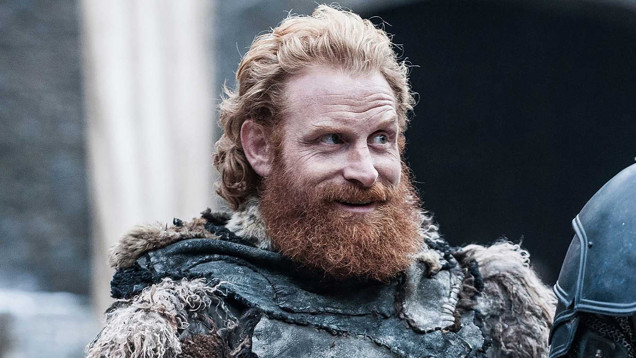

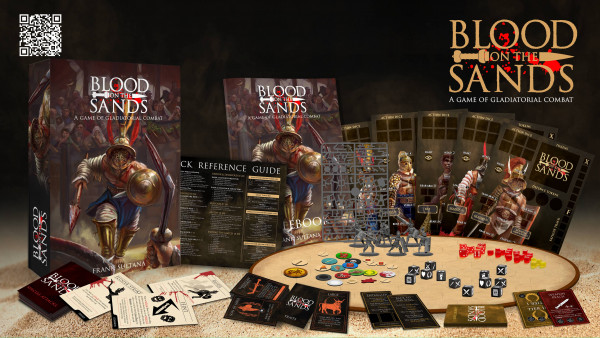
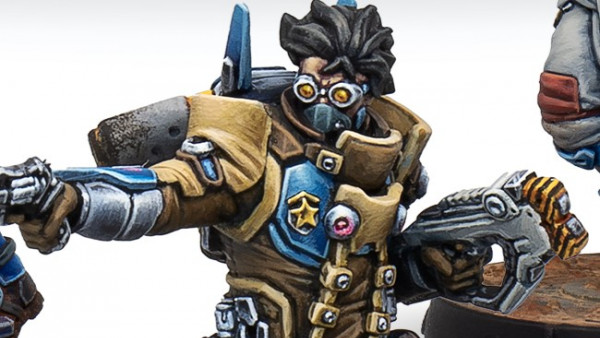
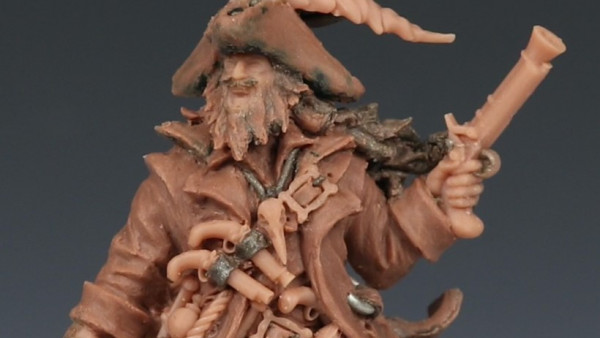
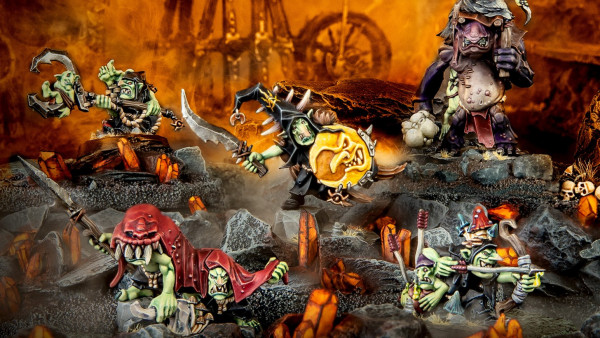
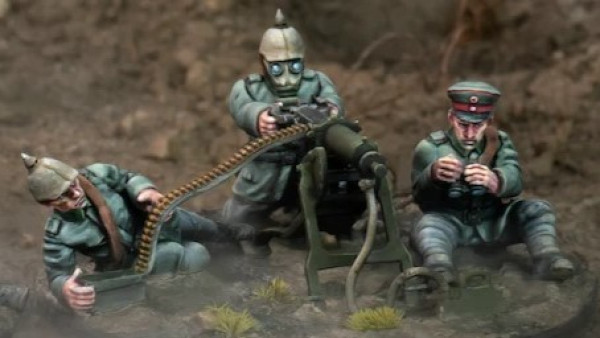
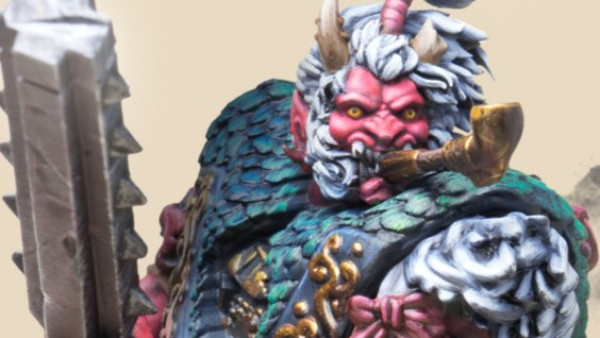
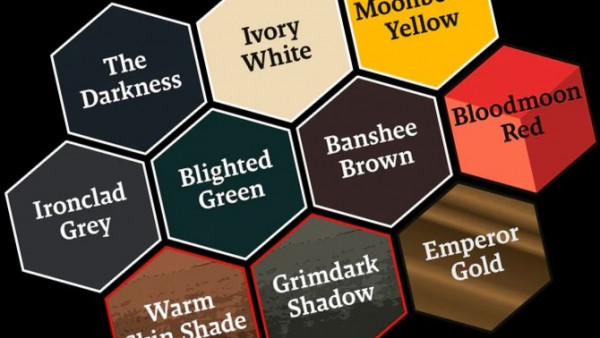
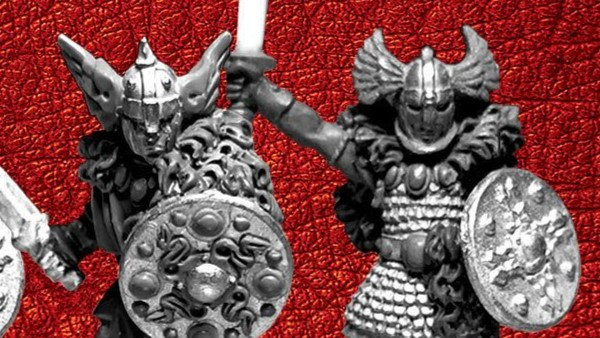
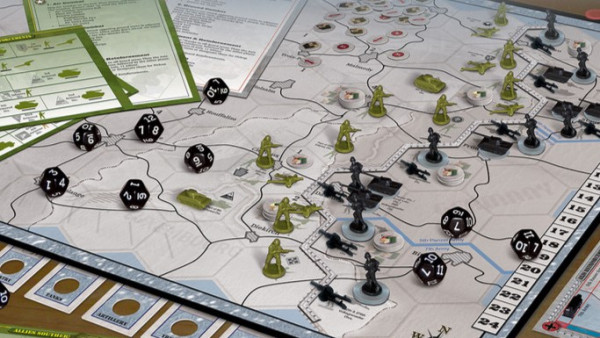
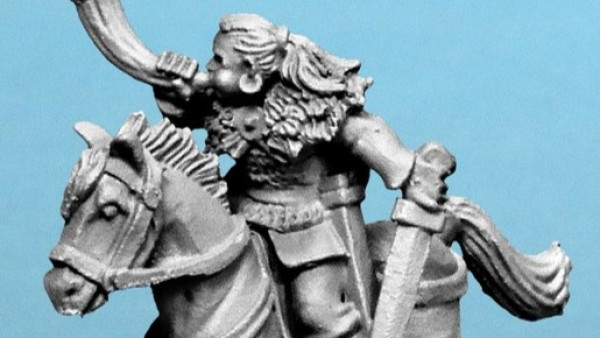









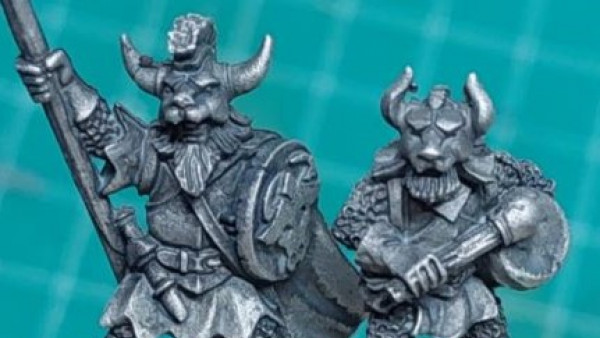
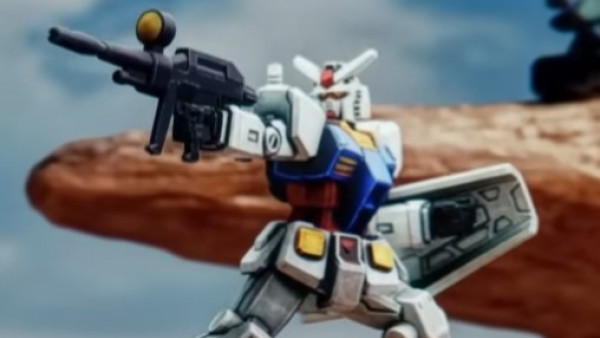
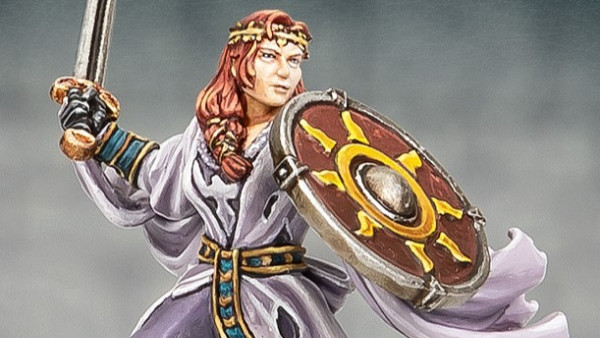
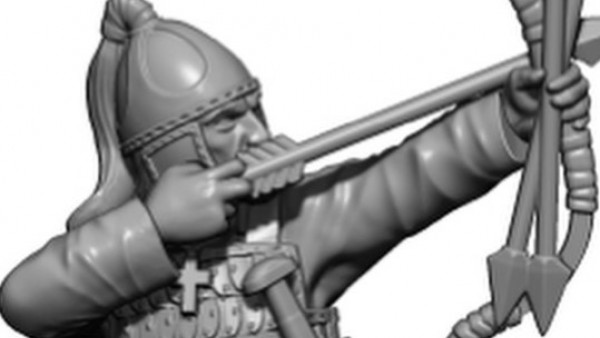
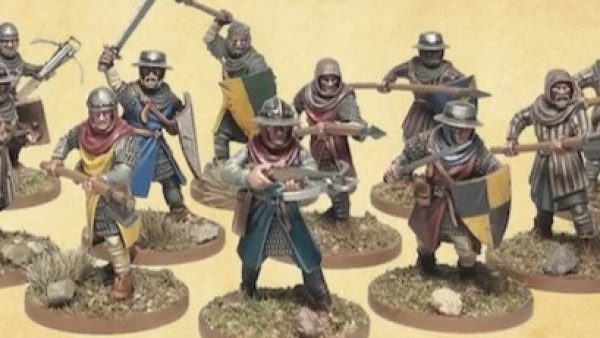
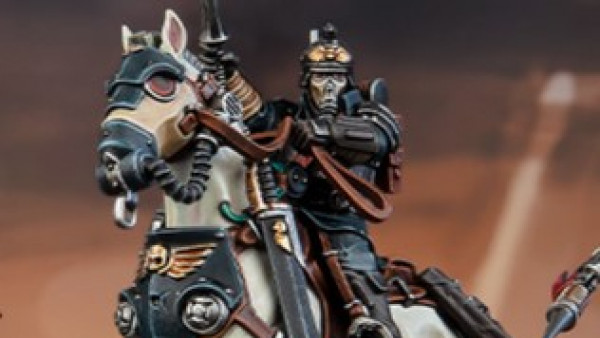
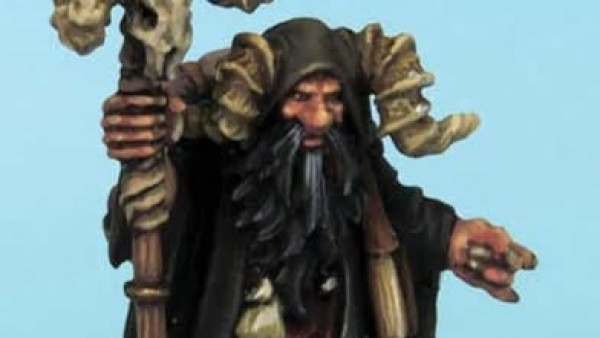
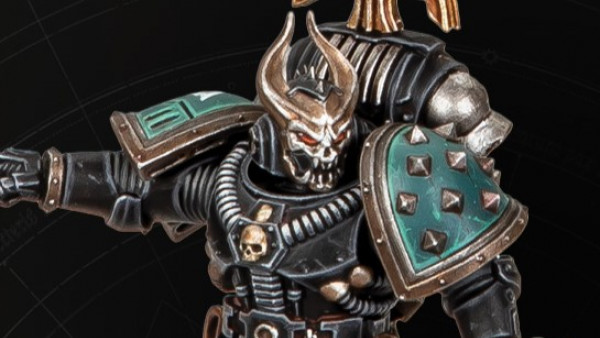
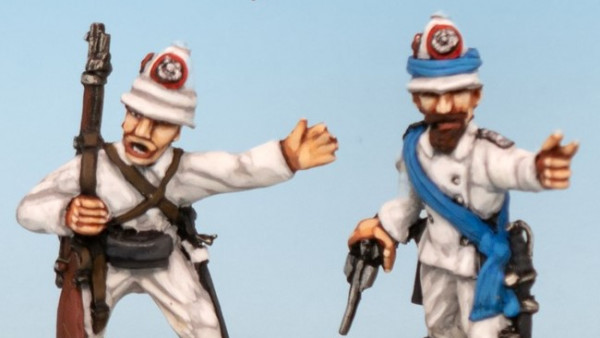
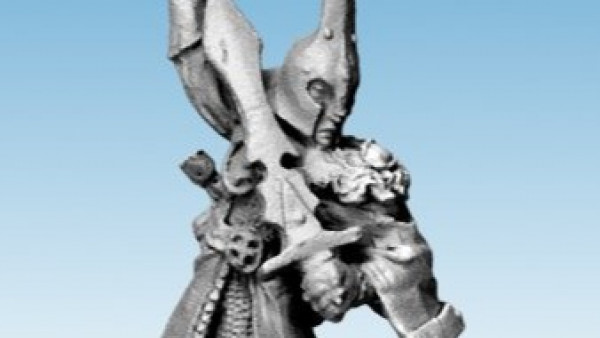
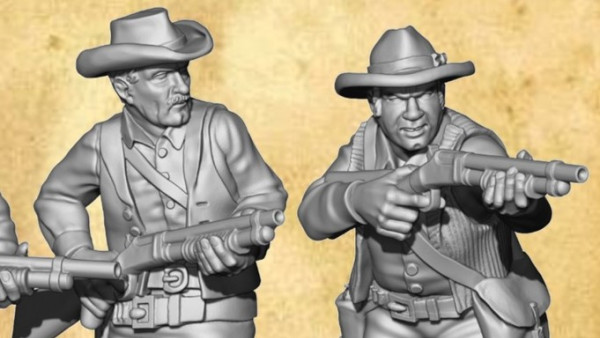


Leave a Reply